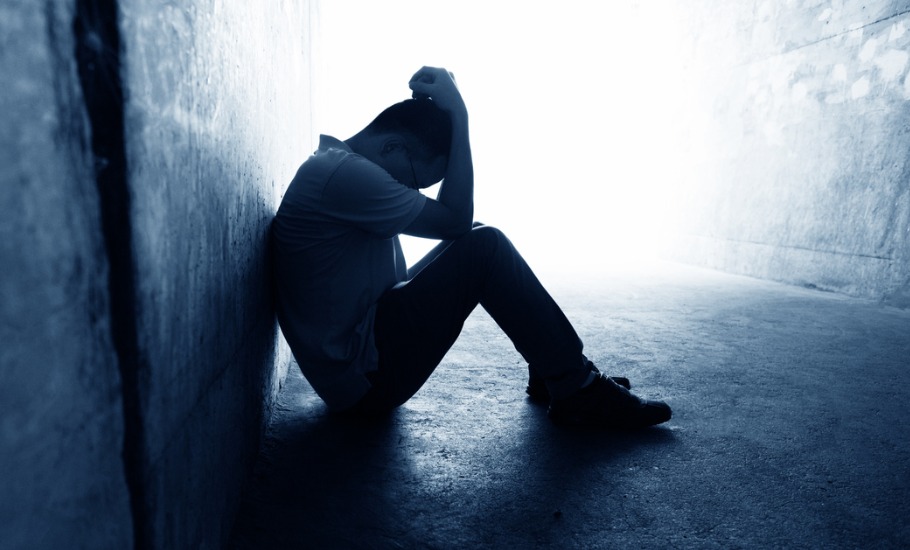
IMH to come up with guidelines to deal with mental health during crisis

An ongoing study by the state-run mental health facility, Institute of Mental Health (IMH), Tamil Nadu is soon to come up with guidelines to combat mental health needs in the time of a pandemic, disaster, or emergency in the future.
Manikkam (name changed), a 46-year-old resident of Vandavasi, Thiruvannamalai district, had to be brought in by an ambulance to the IMH out-patient department (OPD) in Chennai when he began having anxiety attacks in the middle of the first lockdown imposed in March-end this year.
Since the district hospitals had closed their OPDs at the beginning of the lockdown, the IMH was their only option.
Like Manikkam, several people from across the state with anxiety, depression, or other mental health conditions had only the IMH to access treatment, medicines, and consultations, sometimes even seeking admission with symptoms worsening.
The doctors at the IMH are now looking into the needs of the patients during and after the lockdown course of the pandemic to prepare a set of guidelines to be followed the next time, in case of an emergency or disaster.
Dr. Devi Dhanapalan, associate professor, IMH who is part of the study says that the idea is to look at how and why the patients accessed mental health services during the lockdown.
Related news: Money or stigma: What keeps you away from mental health treatment?
She adds, “We are looking at every aspect – from the money they spent on reaching IMH to their needs and reasons for accessing the services here. We will look at their requirements like mobile units, door delivery of medicines, as well. It is a qualitative and quantitative analysis of the whole lockdown period. In the case of next time, we do not want a single patient to suffer due to the disruption of mental health services.”
How the mentally ill and their caregivers suffer
Dr. Devi also points out that besides the guidelines, the study will also analyse the role of caregivers for those with psychiatric problems.
“It was very evident that in the case of a lockdown, the caregivers have a huge role to play. We will also see who the caregivers for the patients are and how they were impacted in this time,” she added.
She says that a pattern emerged in the lockdown – while most male patients had their spouses accompanying them, the women seeking help had their parents or siblings bringing them for consultation.
“Many even sought admissions because they were unable to manage them (the patient) during the period. Even if they (patients) could be managed with medicines, they sought admission to the facility. The worst to suffer are the ones with psychotic disorders like bipolar disorder and schizophrenia, as they become unmanageable with restricted movements. Their sleep patterns are affected and they are strictly dependent on medicines,” she explained.
Tele-consulting services open discussion
The state has also launched tele-counselling services across the state with dedicated teams in every district during the lockdown, and these have painted a clear picture of the kind of psychological issues people face during the pandemic.
The tele-counselling psychiatrist, psychologist, and social workers have also been handling and looking into patient requirements like medicines.
Related news: Left unattended, mental health issues threaten a silent pandemic
Dr. K Vijayakumar, outreach psychiatrist, who has been attending to patients in Madurai district, says that while patients were being given stock of medicines for the next two months at the primary health centres, new cases exclusively attributing to the ongoing pandemic emerged.
“A good number of them reported panic attacks about the ongoing pandemic. They wanted to know how prone they are to it. At the beginning of the lockdown, there would be several such calls and they could be dealt with some care and counselling from my end as a psychiatrist,” he added.
The pandemic seems to have had an impact across age groups, like in Dharmapuri, where Logamani, a clinical psychologist, saw several cases of anxiety across age groups.
“These were people who said they were finding it difficult to stay indoors and that they were likely to die due to COVID-19. Words of assurance can help them overcome it,” she says.

